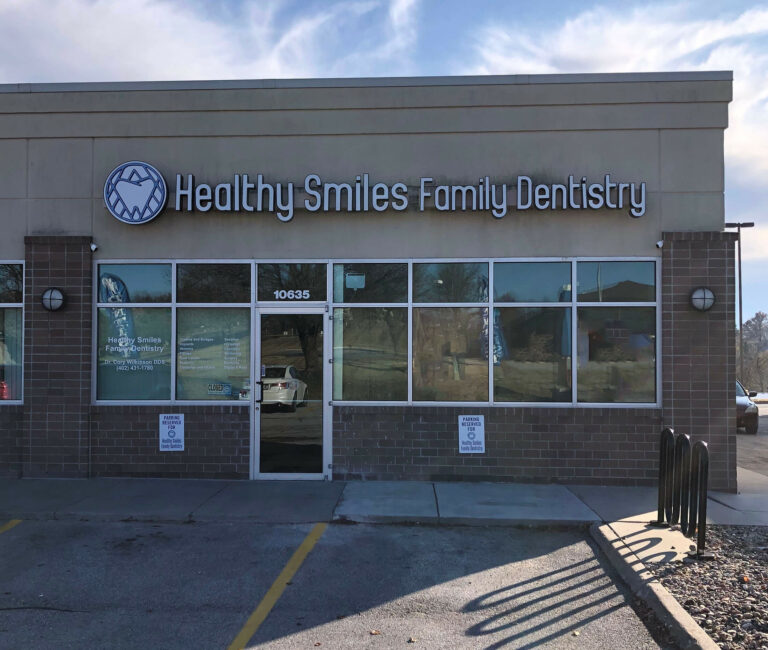Cavities In Baby Teeth
Baby teeth are the primary set of teeth that come in as early as 6 months. Your child should see a dentist as a soon as their first tooth appears or no later than their first birthday. Parents commonly wonder if it’s really necessary to take care of baby teeth since they fall out anyways. It is very important for your child’s oral health and development that baby teeth are taken care of and if your child has cavities in their baby teeth that we take care of them as early as possible.
Functions of Baby Teeth
There are numerous functions that baby teeth provide, including chewing, speaking, and maintaining space for permanent teeth. The ability to chew properly begins with healthy baby teeth. Proper chewing breaks down particles in food, helping your child properly digest nutrients and reduces the risk of choking. Once your child starts learning to talk, missing or improperly placed teeth can negatively affect their speech patterns and potentially result in a noticeable speech impediment. Baby teeth also maintain the spot for permanent teeth to come in correctly. If the teeth aren’t positioned correctly or if they fall out too early, there could be resulting damage to the permanent teeth,
Baby Teeth With Cavities
Children are more prone to cavities. This is a result of their lack of fine motor skills that help them properly brush and floss their teeth. It is also due to the face that the layer of enamel that covers baby teeth is much more thin than the enamel that protects adult teeth. Baby teeth with cavities can be pulled out or filled, depending on your child’s overall tooth development. Teeth damaged by cavities can negatively affect your child by causing pain that results in them not properly chewing or speaking, or lead to infection in nearby teeth.
Cavities in baby teeth grow faster than they do in adult teeth. Because of the thinner enamel in baby teeth, once the softening of the enamel begins, you have much less time to treat the cavity. If the cavity is left untreated the infection will rapidly progress, so early and quick intervention is key.
If your child has pain during brushing or chewing, increased sensitivity to hold or cold drinks/food, or visible discoloration—they might have a cavity. We can offer tooth fillings to repair cavities or dental sealants to help prevent cavities. If you believe your child has a cavity—contact our office.
Learn More About Fillings and Sealants
